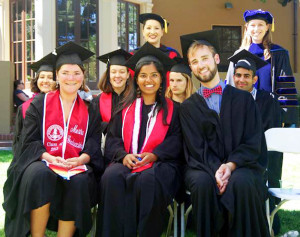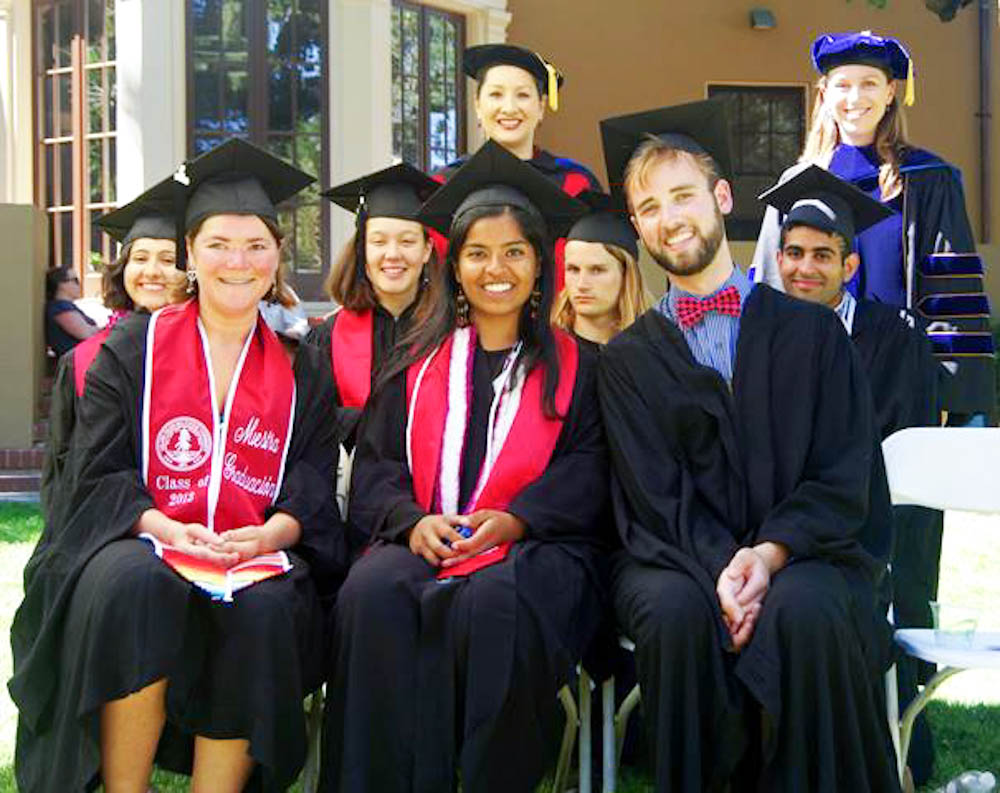Celebrating a recent name change, the Program in Feminist, Gender, and Sexuality Studies (FGSS) has expanded its offerings to graduate students with the introduction of an interdisciplinary Ph.D. minor.

Gender, and Sexuality Studies
Formally known as the Program in Feminist Studies, the FGSS changed its name after three years of deliberation to be more inclusive to students interested in pursuing fields at the intersection of gender and sexuality while maintaining the program’s commitment to activism by keeping the word “feminist” in the title.
“We felt that the word feminist is a bit more political and felt that is an important distinction that we want to maintain, that it has an activist stand to it…Not using the word feminist would be a loss to the program,” said Christine Min Wotipka M.A. ‘99 Ph.D. ‘01, program director of FGSS.
Penelope Eckert, former program director, said that there was always a pressure to replace feminism studies with gender studies.
“Feminist studies really does involve a more critical stance,” Eckert said. “Gender studies can accept the gender binary as given.”
Development of the program’s new interdisciplinary Ph.D. minor also began a few years ago.
In 2011, Heather Hadlock, the program director of the time, administered an online survey to gauge interest for the minor. Graduate students from a variety of different disciplines responded with interest.
“In history, we study so much about particular places and particular time periods, but we don’t necessarily get a chance to focus thematically,” said Mackenzie Cooley Ph.D. ‘18, a history department student currently working towards the new Ph.D. minor.
“You get to have a theoretical background in the breadth of women issues while at the same time pursuing a really directed academic trajectory,” Cooley added. “So it’s really a great opportunity to study something that’s a second interest out of my degree study and get credit for it.”
Meredith Townsend, a third-year student in the Department of Geological & Environmental Sciences, is also working towards the minor.
“I’m thinking of going into academia so if I were ever to teach a class on that intersection, it would be great to have authority to teach that,” Townsend said.
According to Lily Lamboy, the graduate mentor for the programs, students interested in working towards the interdisciplinary Ph.D. minor would be required to take a workshop that the FGSS will offer all three quarters. They would present their own work on a topic of their own choice and receive feedback from other students and faculty.
Lamboy added that the requirements for the minor were not particularly time intensive.
“You get to take classes out of your field of study—I’m taking classes in anthropology and sociology that I would have never taken,” said Cooley, who estimated that around 18 to 20 people were in this quarter’s workshop.
“I also know of at least four other people that want to pursue the minor who weren’t able to fit the workshop in their schedule,” she added. “To have that many people is really exciting.”
The program is looking to expand and offer more courses, said Wotipka. The Ph.D. minor is the first step in creating a larger graduate program.
“We have the minimum of what to offer,” said Wotipka. “It’s a minor but it’s a start. We’re not stopping with the minor, we can offer Masters or Ph.D.’s in the future.”
Contact Catherine Zaw at czaw13 ‘at’ stanford.edu.
